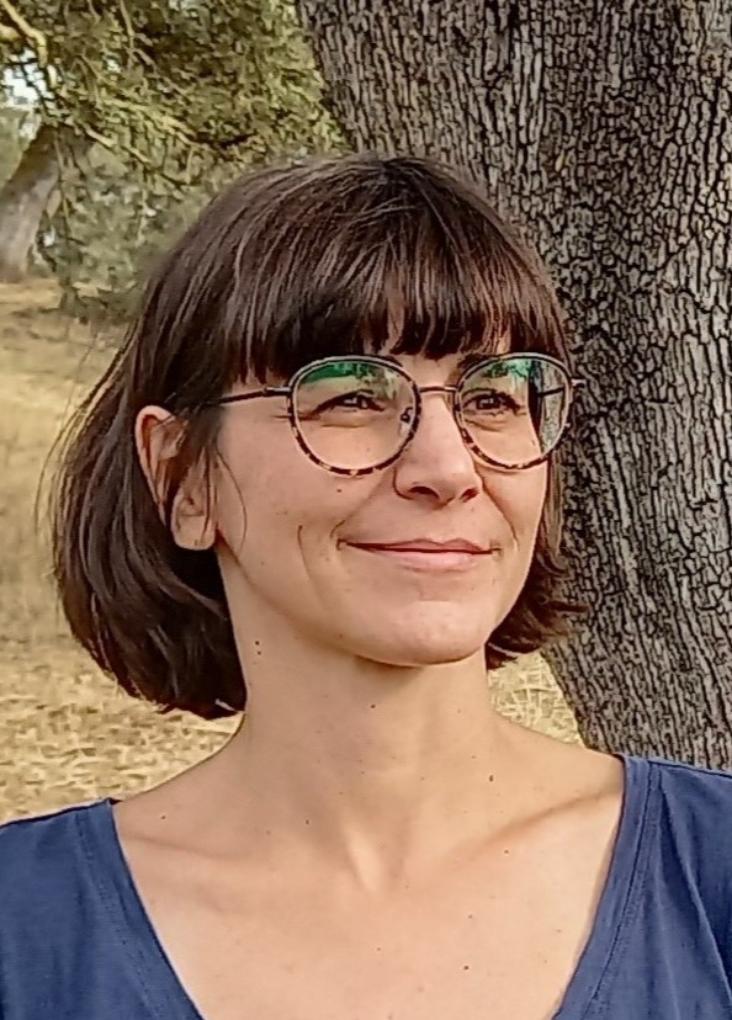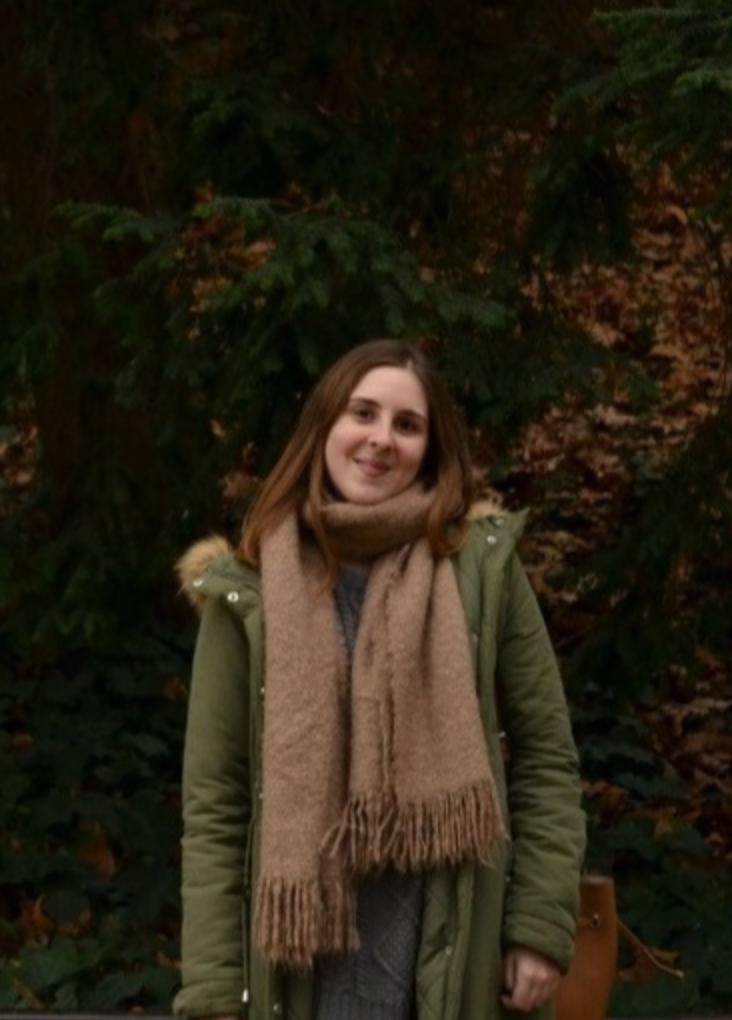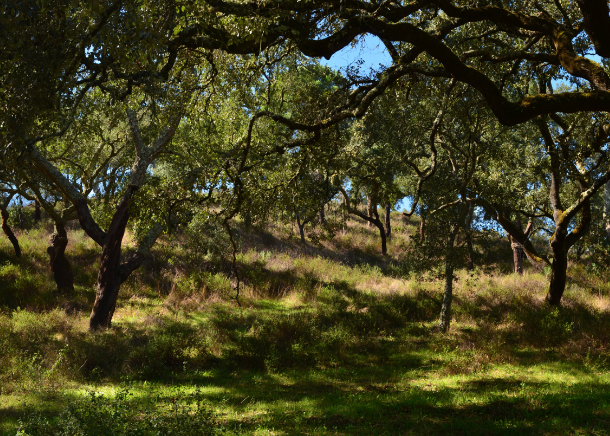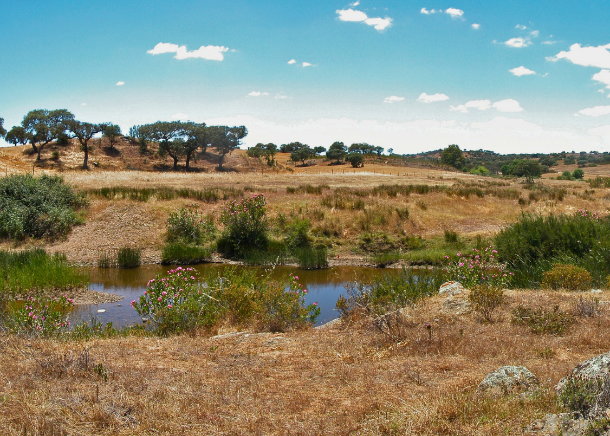Summary:
The hillslopes affected by the large Picões wildfire (2013, 14,912 ha) persist as an extensive source of sediment transported to the Baixo-Sabor reservoir. The recovery of vegetation cover is insufficient to prevent erosive runoff on these steep slopes, and the continuous loss of soil and nutrients prevents the recovery of the degraded ecosystem. The project aims, in a pilot area of c. 100 ha, at implementing, and demonstrating their effectiveness, of Nature-Based Solutions (NbS) for the protection of soils degraded by the large Picões wildfire, in view promoting the restoration of ecosystem services, such as soil retention, soil C and water storage, and the water quality of the Baixo-Sabor reservoir. The NbS to be implemented are soil conditioners (compost and biochar) based on olive pomace (BA), and biological crusts, spontaneous or induced. The incorporation of BA as a raw material for NbS gives a end-use to this by-product of the olive sector, currently converted into waste and object of persistent environmental concerns, thus contributing to the circular economy. The results of the interventions will be measured by comparison with the current condition and with the application of flocculant polymers, that is, minimum and maximum soil protection. The economic and environmental assessment of the effectiveness of interventions is based on the quantification of ecosystem services fed by monitoring protocols of erosive processes, soil properties and water quality in the stream network.
Keywords:
wildfire; restoration; nature based solutions; soil amendments; biological soil crusts
Funding Institution:
EEA and Norwegian Financial Mechanisms 2014-2020, Programa "Ambiente, Alterações Climáticas e Economia de Baixo Carbono".
Partners:
Project Leader: Tomás de Figueiredo (IPB).
Partners: Faculdade de Ciências da Universidade de Lisboa & MORE – Laboratório Colaborativo Montanhas de Investigação – Associação.





